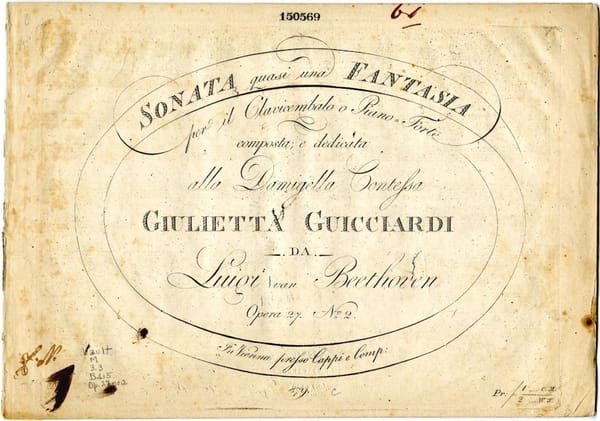Gestalt Arts — New Perspectives on Opera From London
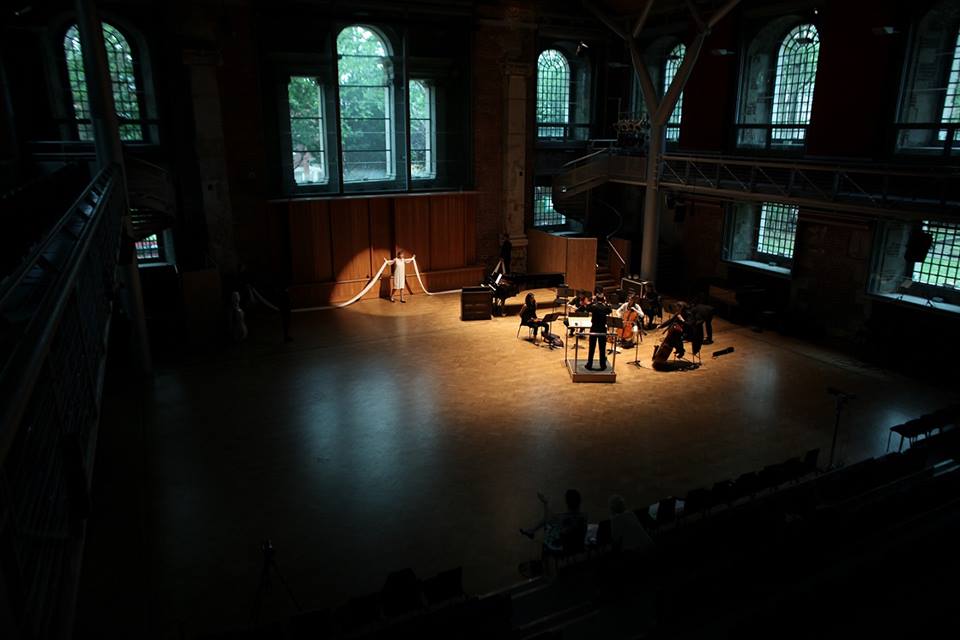
The last 10 years has proved a very exciting time for opera and classical music in London with companies bringing music out of the concert hall and into new spaces. Audiences gather in warehouses, pubs, bars, clubs and a selection of the more unusual venues London has to offer, such as the church crypts, unused underground train vaults and warehouses. The atmosphere is relaxed, people hold drinks, they are free to move around and talk. Theatre and opera performances give their audiences masks, make them into characters and let them explore the performance space in their own time.
Undoubtedly, the concert hall is still the key staple of classical life in London. However audiences are now hungry to sacrifice their seats for an experience outside of the every-day. The obsession with new spaces has breathed new life into a whole host of disciplines including classical music, opera, theatre and even cinema.
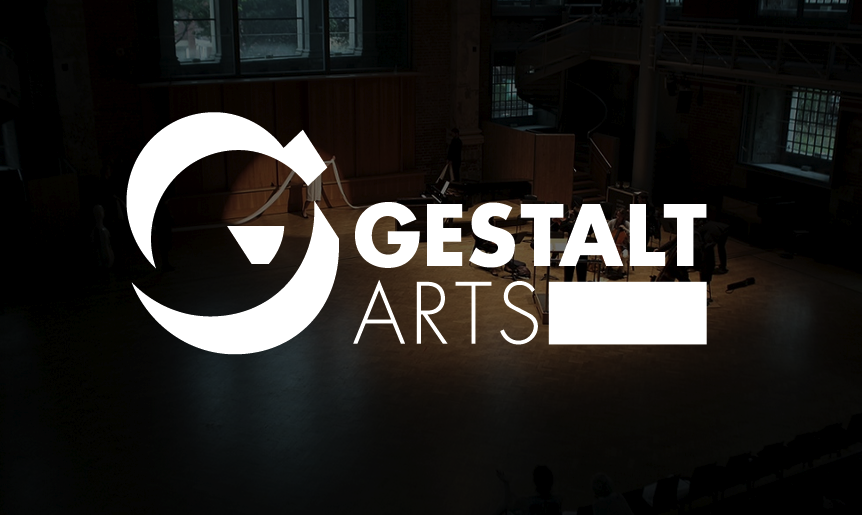
Gestalt Arts was set up in 2012 to help bring opera to a new generation. We are a contemporary opera company which works with other art forms to transform spaces, enabling audiences to step into new imaginative worlds. We work with emerging composers and singers from London’s top conservatoire to create arresting productions which take over a space, and find ways of connecting the audience to it.
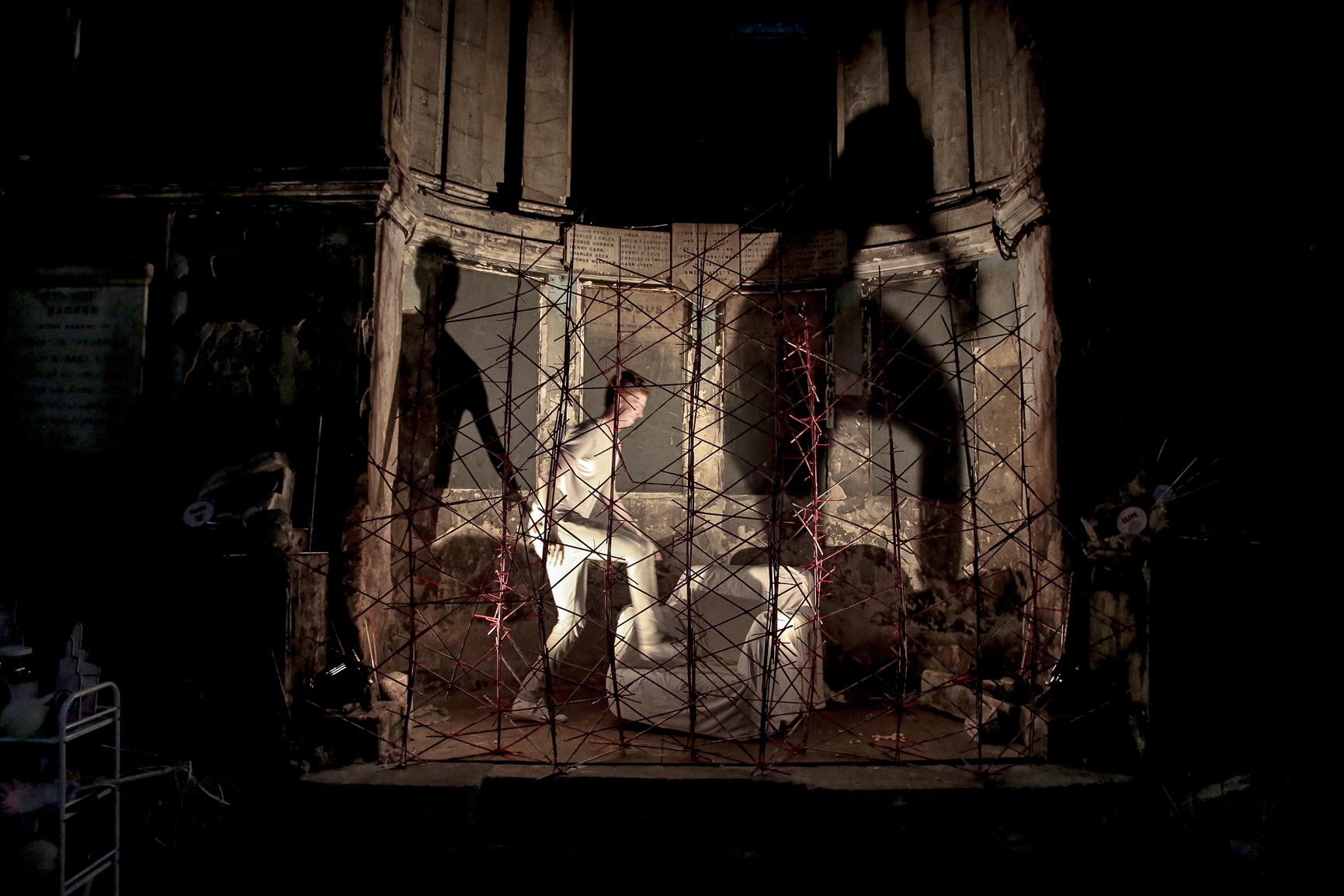
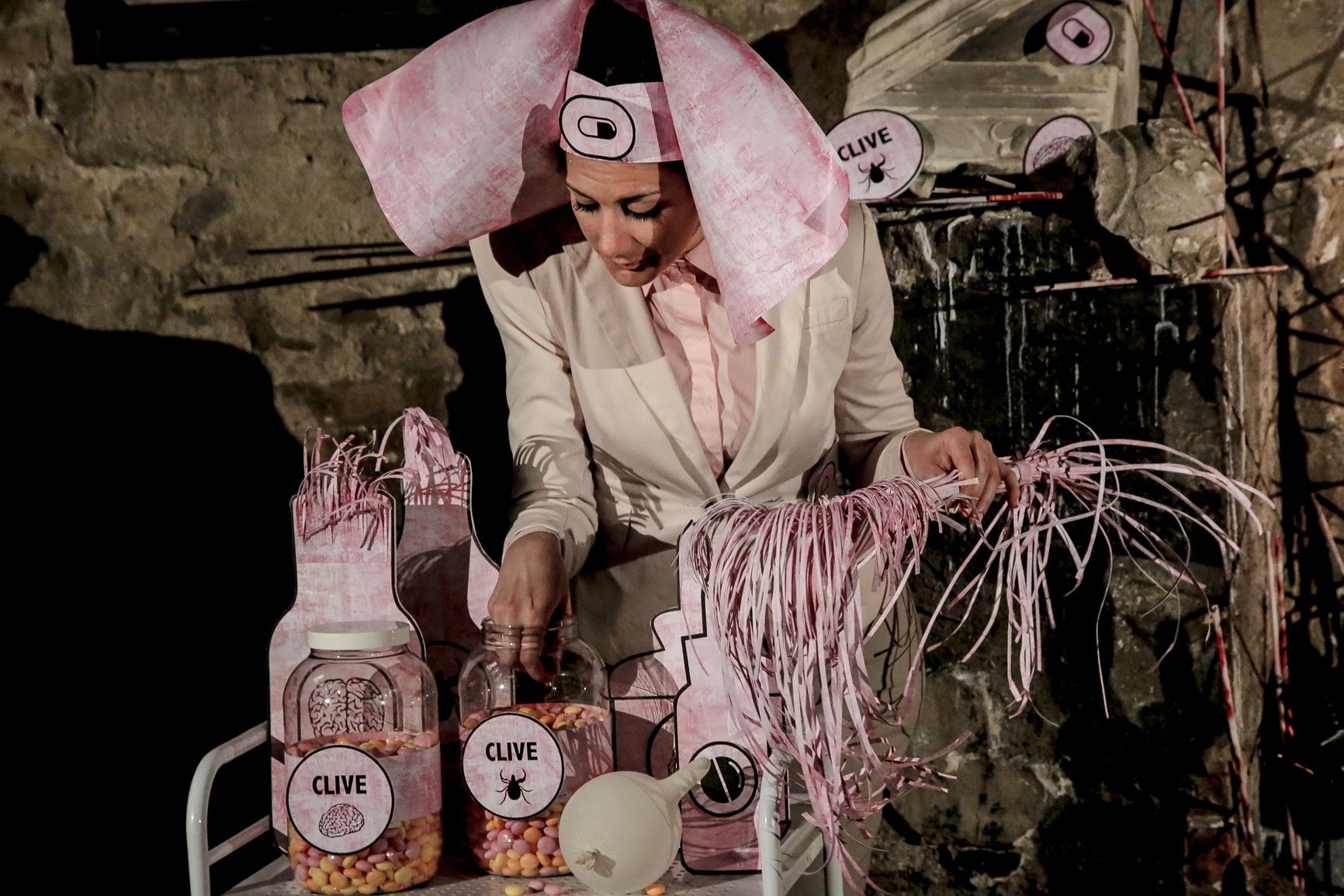
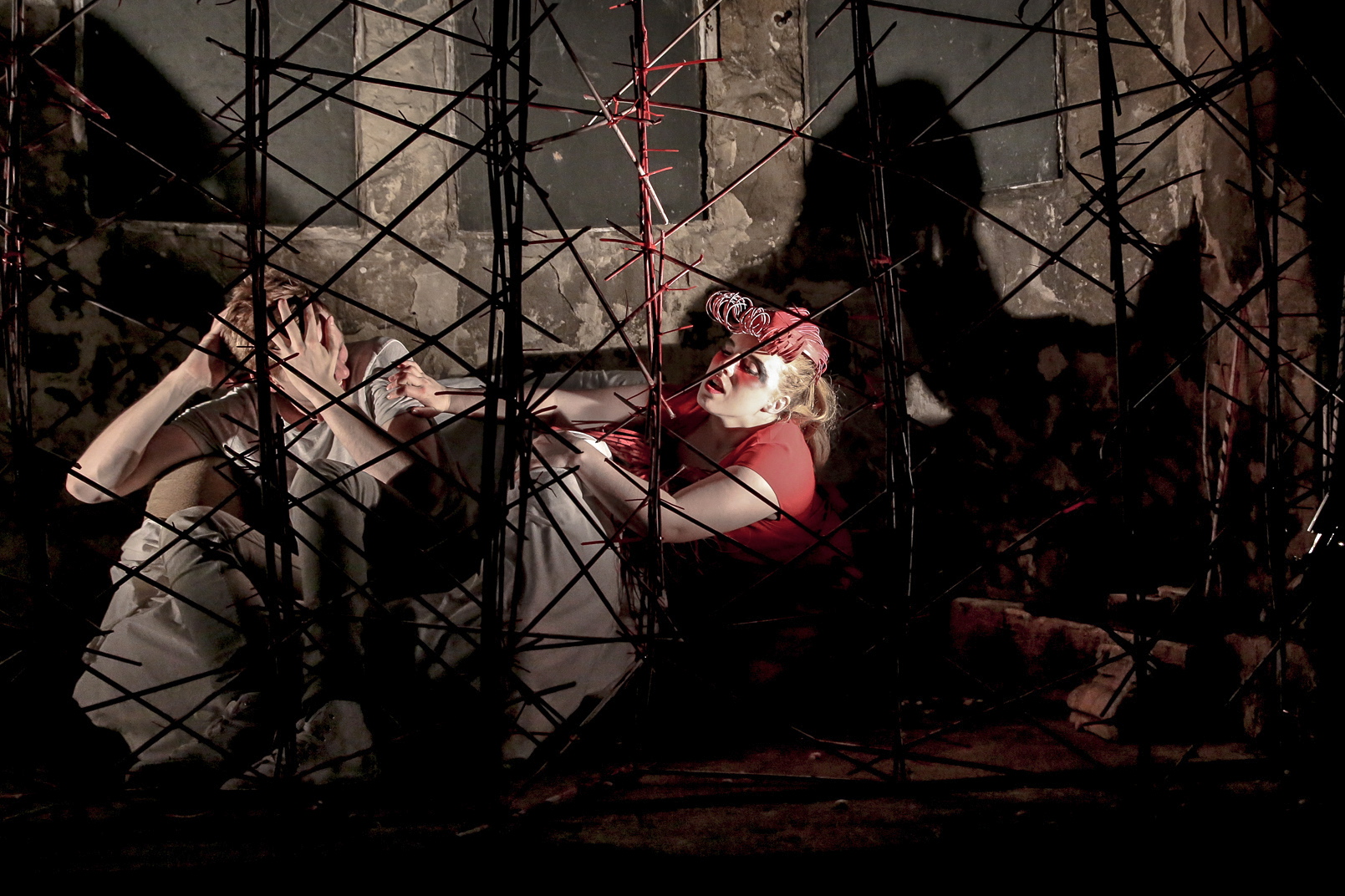
Our last production, Clive and Other Stories used experimental architects, art directors and projections artists to present a series of three short operas in an abandoned asylum chapel in Peckham, South London. We used visual artists to transform one end of the chapel into a giant seascape, for Ed Scolding and Sean Gardiner’s work Adrift – a work about people marooned in the ocean.
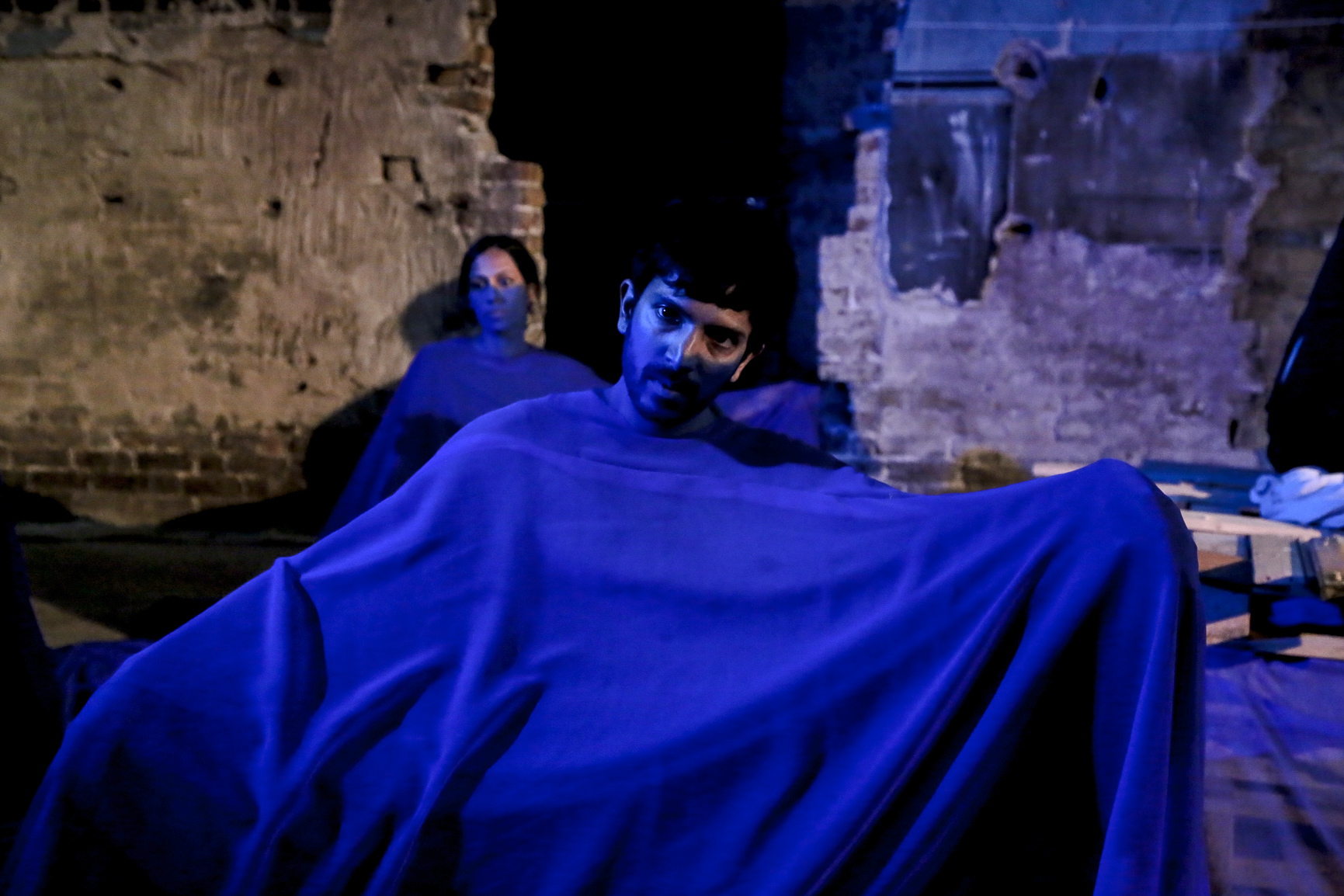
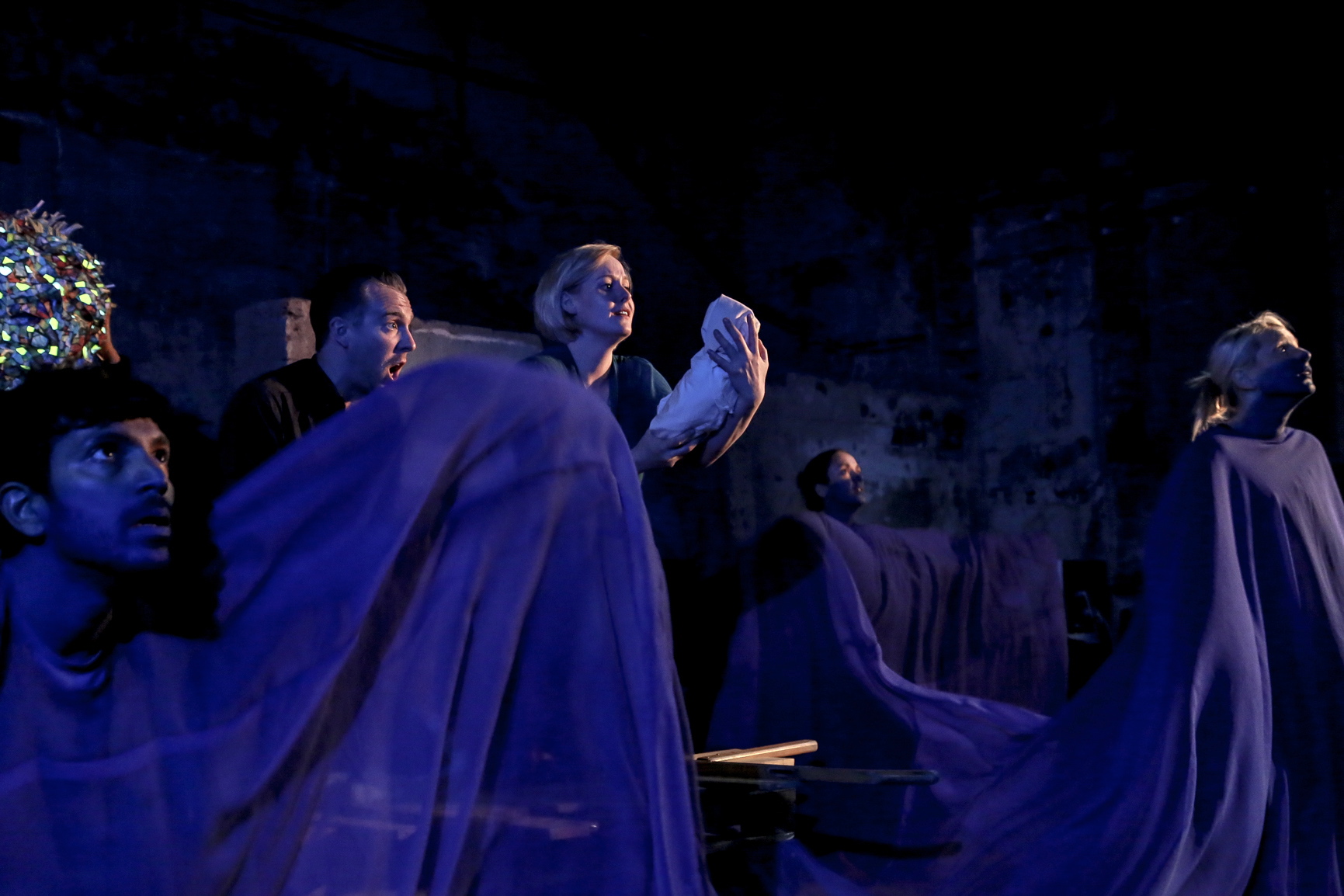
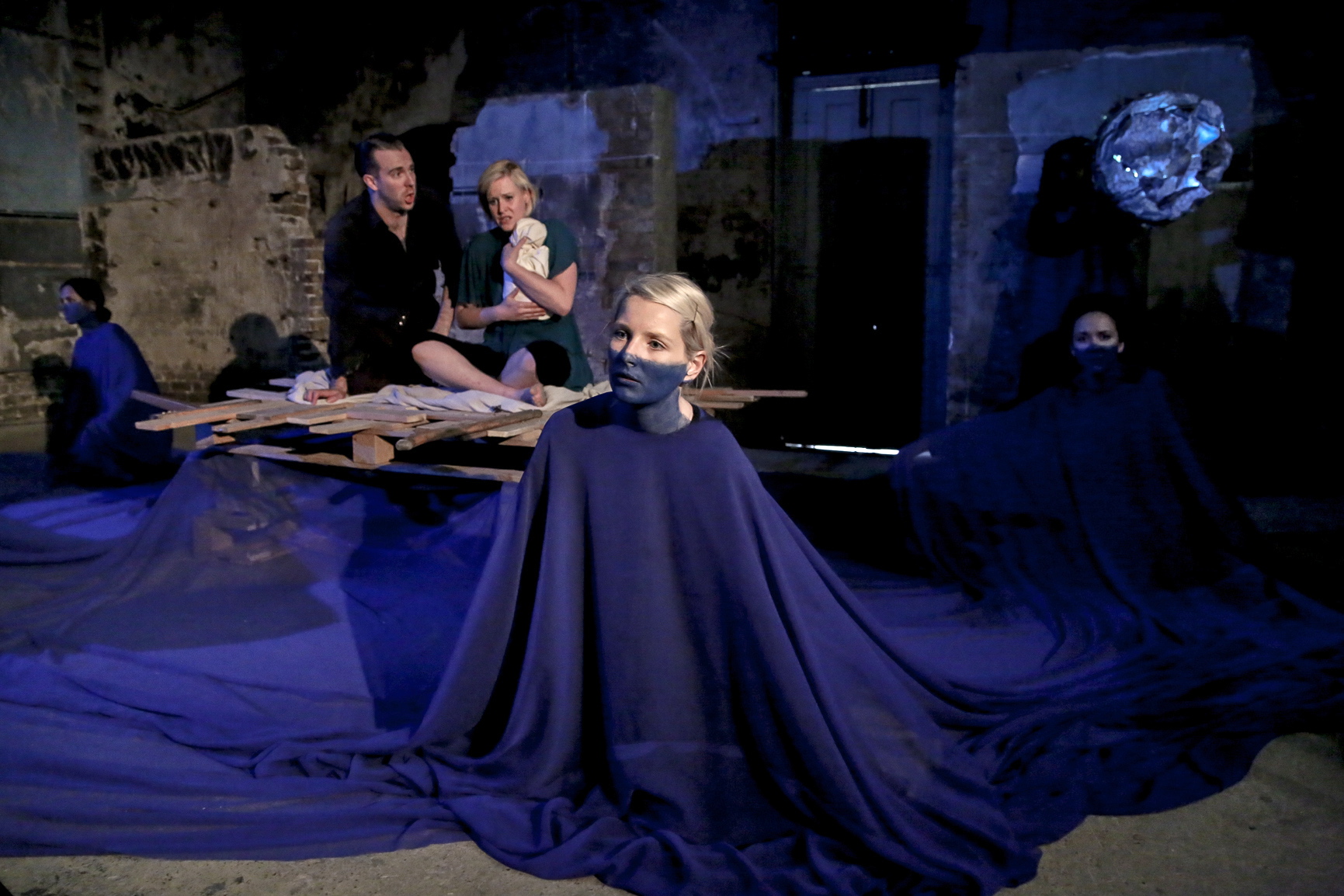
Opera singers played out their story from on top of the raft, whilst actors surrounded them as a big human sea, swaying, detached from the story of their struggle until a helicopter came and all were united together in hope at the prospect of rescue. Ben Ashby’s and Mathew Lee Knowles’s Clive, explored the relationship between a nurse and her patient. For this work a giant cage needed to be constructed, without damaging the walls of the chapel so we used experimental architect Elenora Nicoletti to create a 9 foot cage which was constructed solely using newspapers, garden twine and string.
Our next work, Narkissus and The Reflektions will be a co-production with Filthy Lucre. We are taking over a warehouse in East London to stage a series of reinvented operatic arias, pop songs, and an opera written by myself and composer Laurence Osborn about a dead boy-band, previously performed at The Royal Opera House and Guildhall School of Music and Drama. The night will end with the synth-glam band Sweat and a DJ part set. The night will be hosted by a compere and will form a series of vignettes on the relationship between fame, narcissism and celebrity.
Why do we believe this type of work should be made now? London is finding itself relying on machines and automated systems more than ever, to send messages to friends and colleagues, do our shopping, to buy a ticket for the train. A void has opened where people are distanced from each other on everyday life. This, coupled with the sheer pace that new technology has enforced, people are more than ever in need of a means of escape and a way of reconnecting with each other. We have found our work seems increasingly to be an answer to the humans connecting with other humans in the same place at the same time. The sheer visceral power of the operatic voice in close proximity creates an incredibly powerful and intimate experiences, showing audiences new ways of thinking and feeling. Opera’s suitability to surreal imagery, offers us a way to get inside the psychology of today, blowing it up with big voices, and big lateral imagery.
This way of working holds a lot of possibilities for anyone interested. It offers a way of celebrating a culture’s spaces, of elevating them, and forging a deeper connection. From London, the classical music and opera scene within India looks incredibly exciting. It is young and fresh and has the potential to become anything it wants to be. What India possesses is the unique opportunity to take this work and make it its own. There are so many incredible spaces across the country which have the potential to easily be transformed into new imaginative worlds. There is a very rich story-telling heritage which can be drawn from. There are many stories from many facets of society which have as yet been untold through opera. It will be very exciting to watch this space.
Further information –
Gestalt = “The whole is more than the sum of its parts.”
info@gestaltarts.co.uk
Facebook: gestalt
Twitter: @gestaltarts
Instagram: gestaltarts




